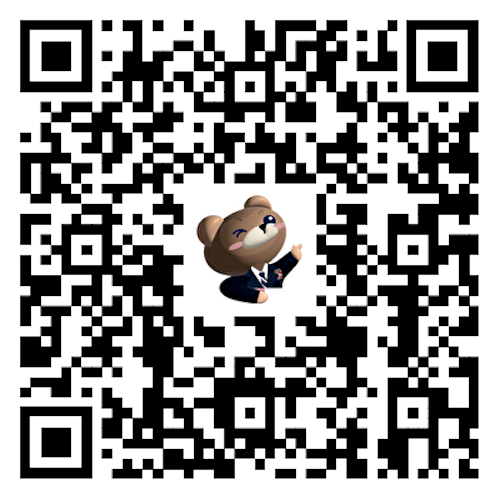Wellbeing for Early Years
Well-Being Tips for Early Years Children
Hats off to parents and teachers implementing online learning with our youngest students! It’s a new territory for everyone, so here are some useful tips for Early Years parents to keep their children well in mind, body and spirit.
- Maintain a routine and the same sleep pattern just as your child would for a regular school day. Wash, dress and brush teeth as they usually would, before they settle down to online learning. This would certainly help get them and you in a positive mood and ready for a new day.
- Provide a comfortable, calm working environment without too many distractions. If you have several children, they may need, at times, separate areas to learn in.
- Make sure they have breaks and downtime as the children would during regular school.
- Give them lots of healthy snacks and drinking water. Their water bottle could be placed near to them at all times in the online learning environment. Encourage them to re-fill it regularly, as this promotes independence and body movement.
- Ensure periods of free play, as these are always learning experiences and provide physical and mental stimulation. Make use of any toys you have, particularly construction equipment, dolls, cars, etc.
- Expose them to natural daylight for an hour a day, for example, in your garden or a short walk in a green space. This will support muscle growth and healthy eye vision development, particularly when they are looking at screens for long periods of time.
- Exercise every day. The PE curriculum offers plenty of advice and fun activities.
- Listen to online stories read by teachers, which can be also done as a way to relax. There is now a small library to choose from, and children can listen to them as often as they want.
- Seek a connection with other Early Years parents and children. You could video call each other for a ‘virtual playdate’, if you are in self-quarantine or stuck at home. Connection is vital for wellbeing.
- Minimise screen time other than for assigned online learning and virtual playdates.
- Play with soft toys, such as teddy bears (or even a soft blanket), which are a brilliant resource for children during time away from their friends. They can role play with them, have a teddy bear picnic, or cuddle up with them when they seek reassurance. Soft toys are proven to provide children with a lot of support.
- Try to eat a family meal together every day. This is a super time to connect with each other and talk about your day. Encourage children to help set the table, prepare simple foods, or simply pour the drinks out. Keep them busy with little chores and jobs.
- Talk about ‘when we go back to school’ in a positive way. This will help anxious children feel more optimistic that life will return to normal soon. Stick a class photo, and/or one of their teachers on the wall or refrigerator door. This will give young children a focus point for talking about school. Talk in a gentle and age appropriate way about why we are unable to go to school. Teachers can provide materials to help support you with this.
- Practise washing hands together as a fun activity at home. Singing ‘Happy Birthday’ in Chinese or English is the recommended length of time to wash hands correctly. Make it fun!
Source: Dulwich College Beijing
Connect with us





